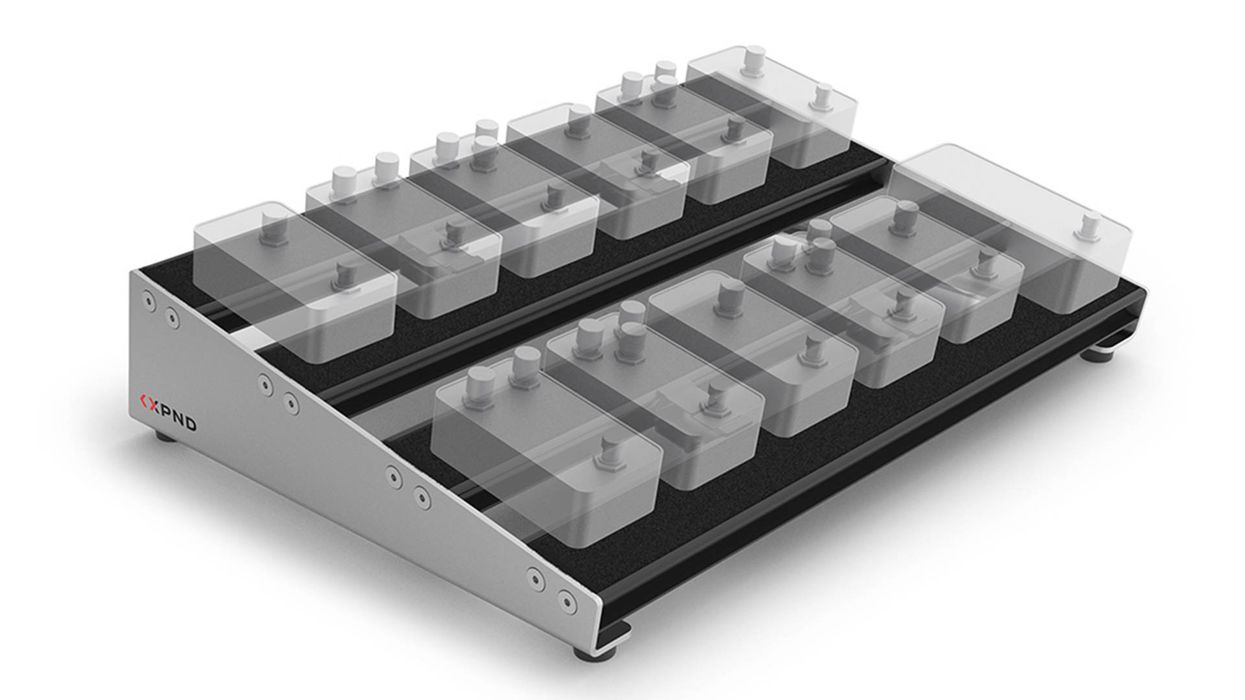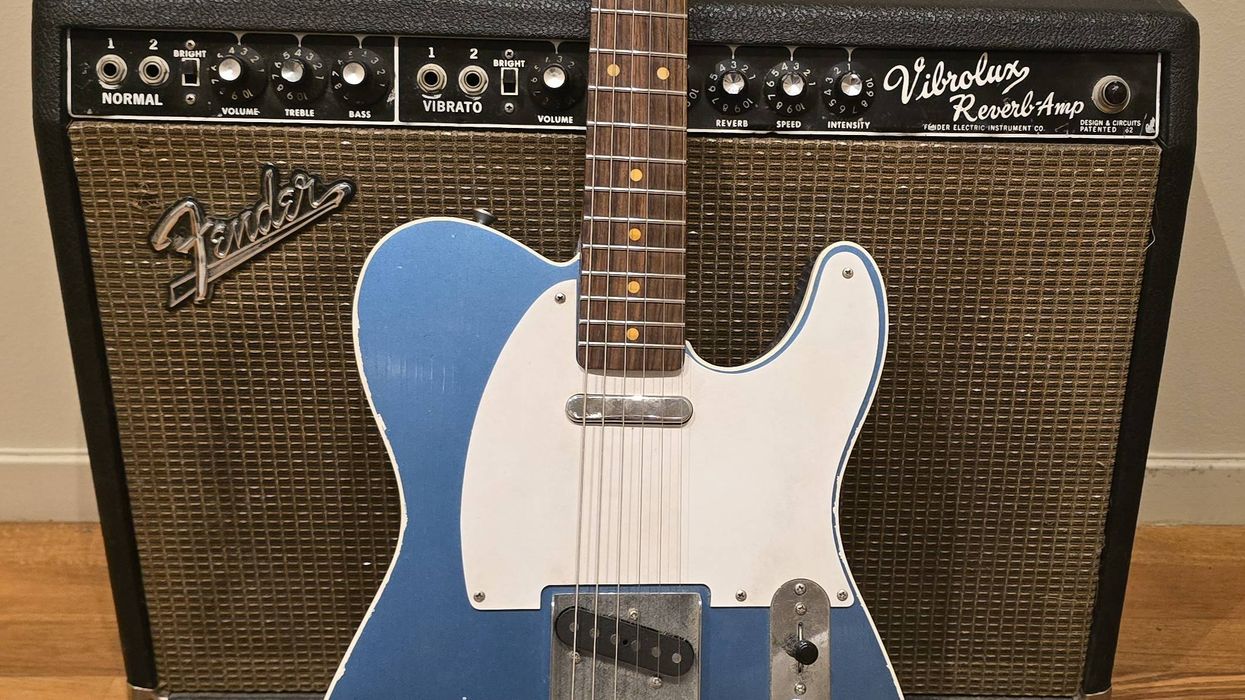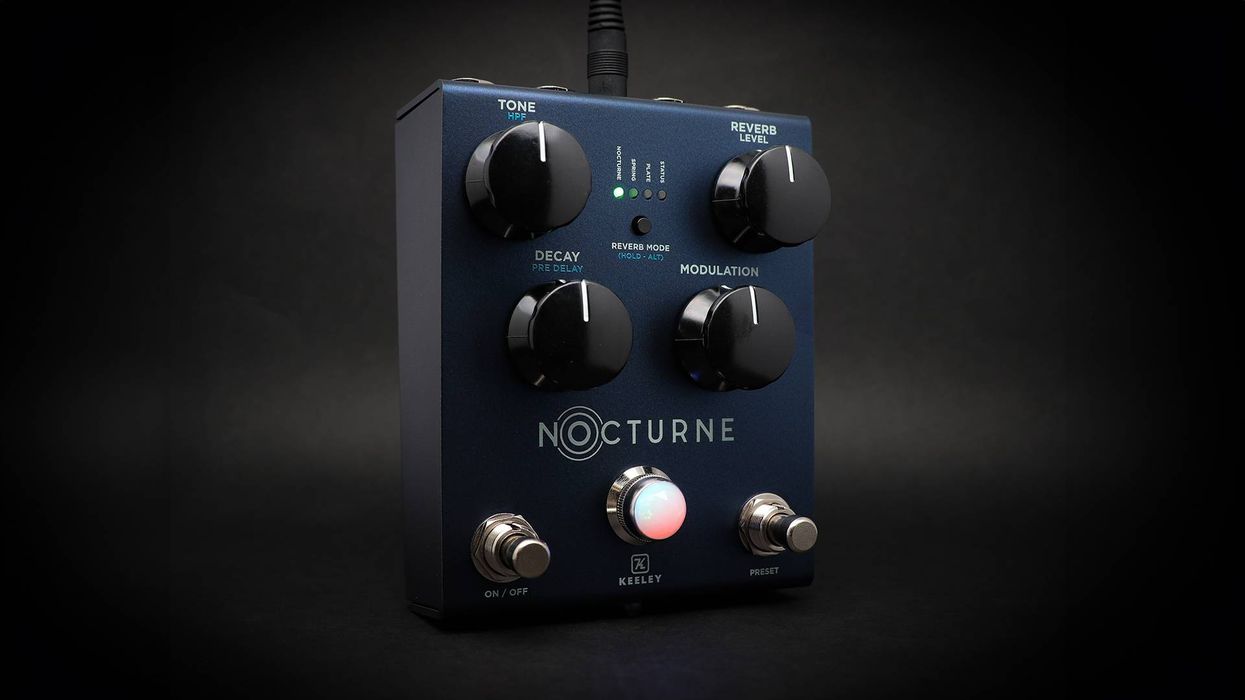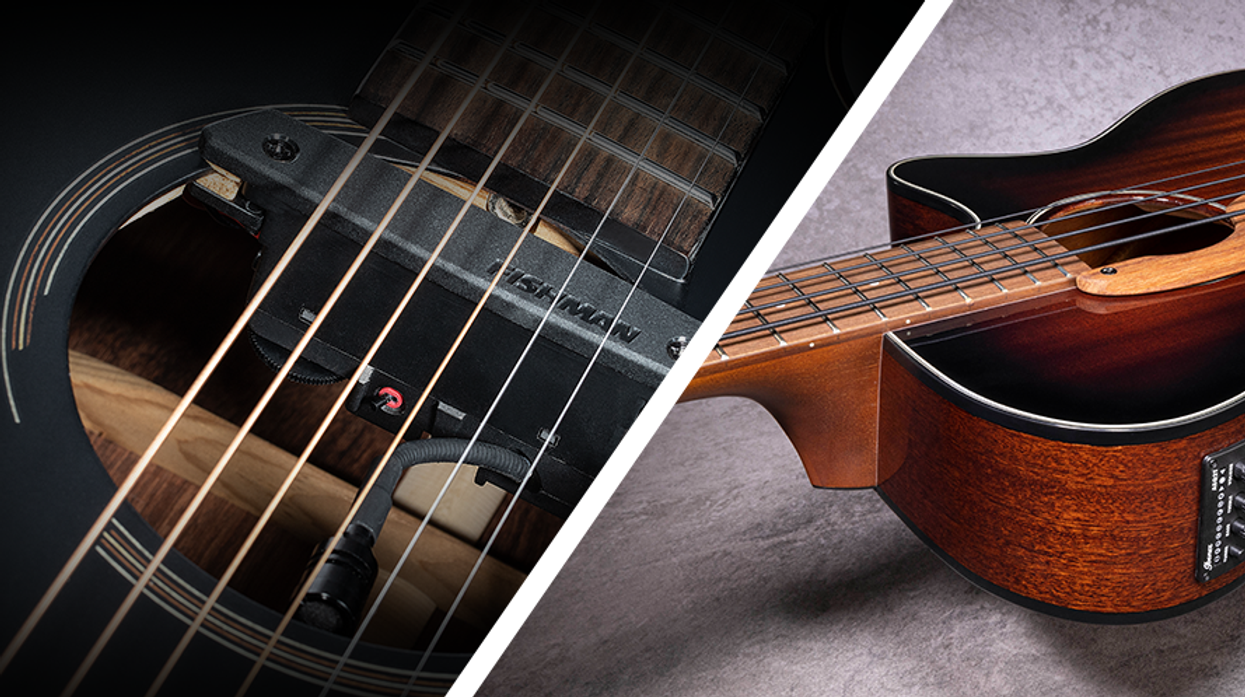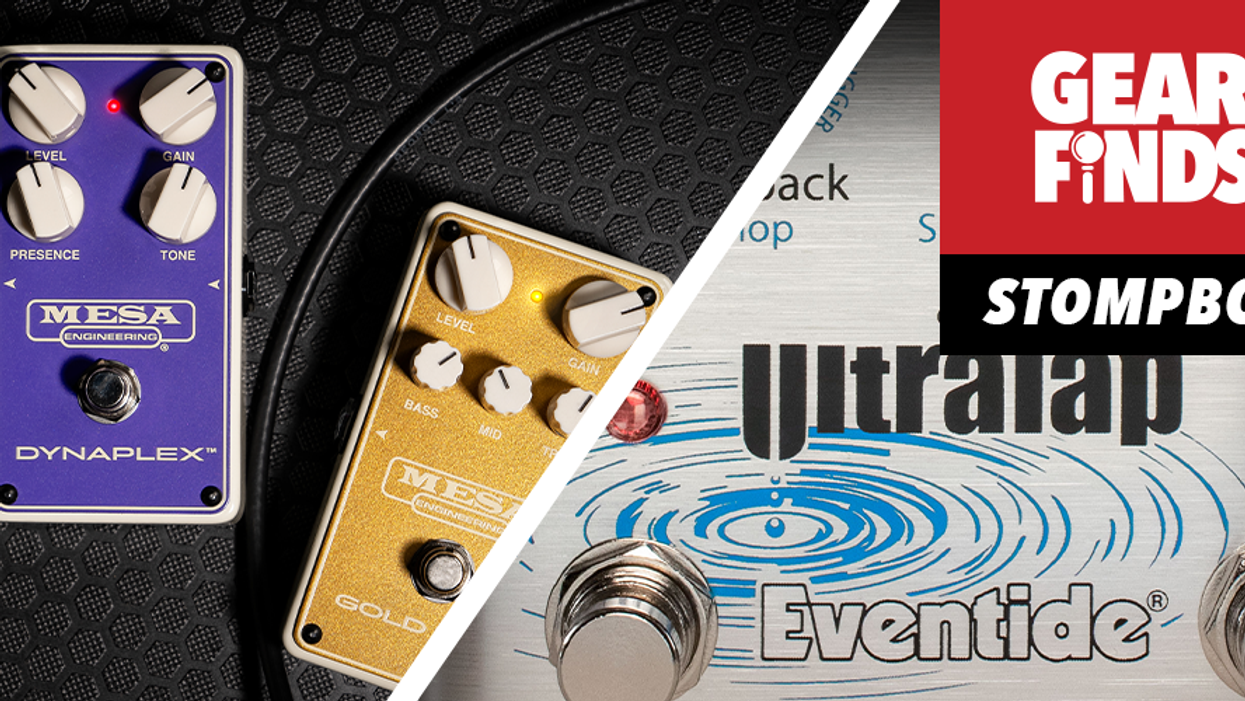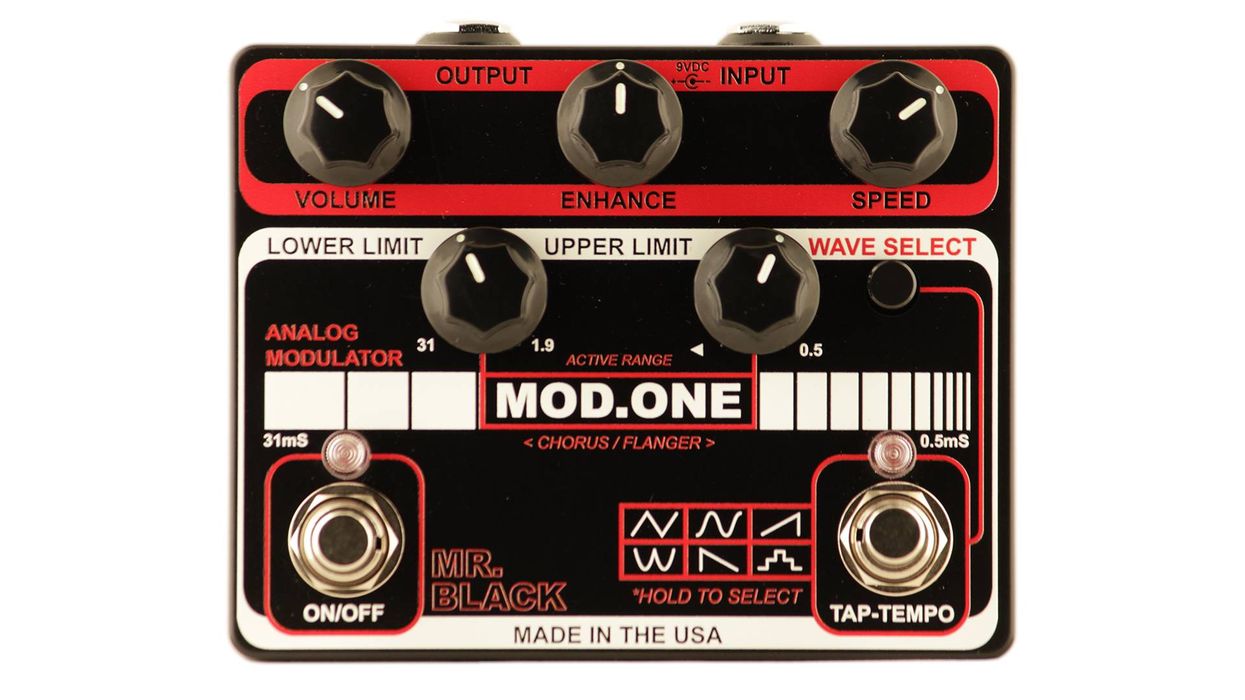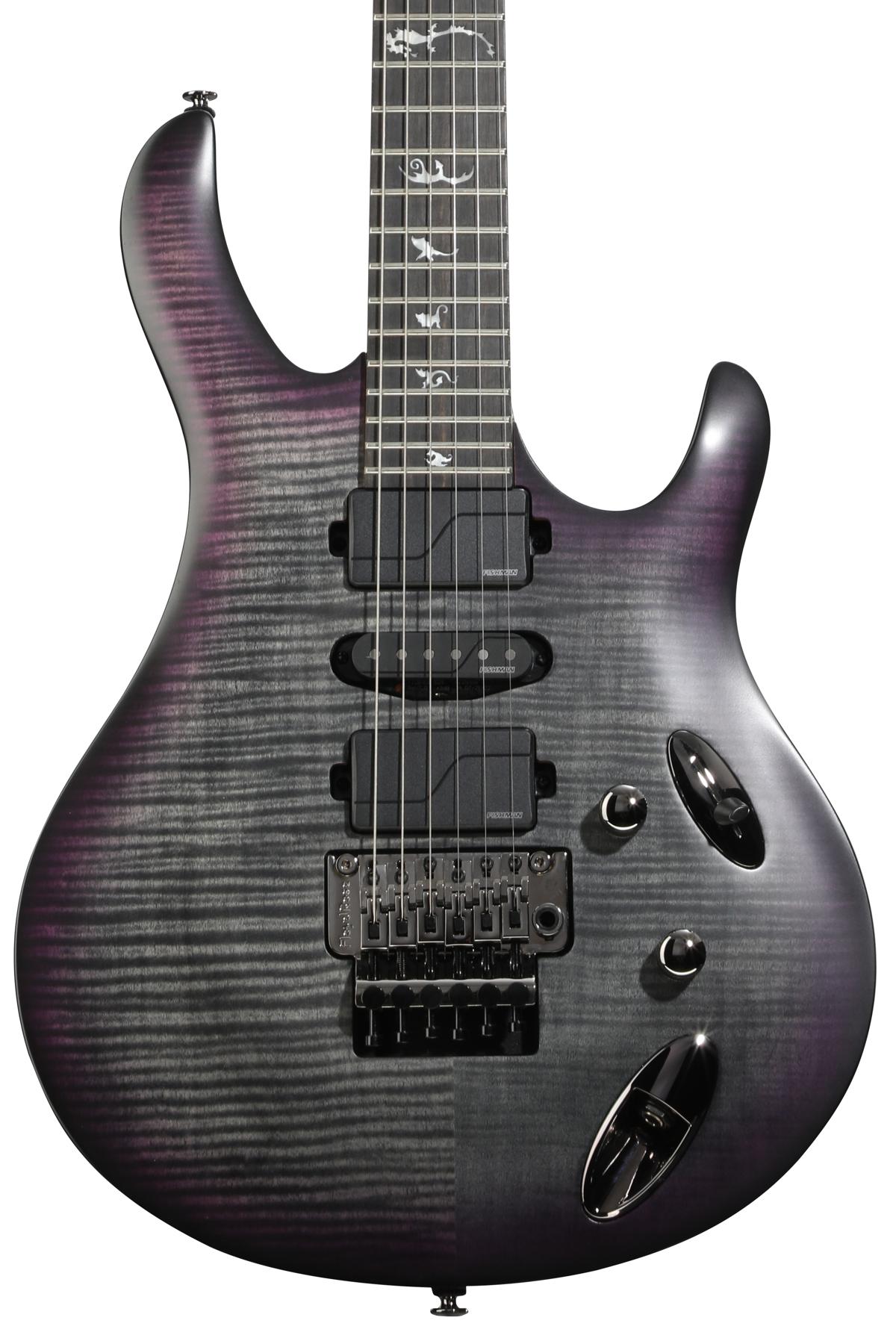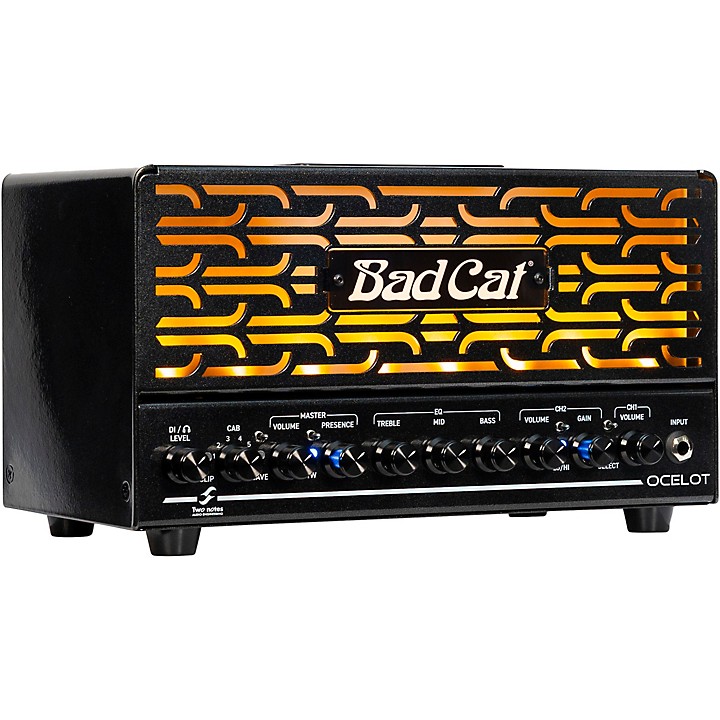Clip 1: Vintage Rack setting (‘80s rack-style delay with downsampled feedback)
Clip 2: Sweeping Eko (delay effect with sweeping filter)
RatingsPros:Very convenient preset editor. Easy to move between presets on the fly. Cons: Only 10 presets available. Modulated and analog emulation tones are lackluster. You’ll want to read the manual. Street: $139 Hotone Binary Eko hotoneaudio.com | Tones: Ease of Use: Build/Design: Value: |
Hotone’s Binary Eko is a workstation that has a wealth of delay options available at the flick of a foot. Among the 17 different delay types are emulations of classic Maxon and Electro-Harmonix models, in addition to a handful of modulated and BBD-based sounds. The leftmost footswitch engages the effect, while the right-side footswitch moves through the different patches and handles tap tempo (hitting both moves between the banks of presets). A row of smaller knobs along the top control mix, feedback, and time, along with two other dials that change depending on the delay type. (Knobs marked A and B control different parameters on each setting, such as depth, rate, high cut, low cut, sweep, frequency, and tone.) Honestly, it’s quite impressive how much control is packed into this thing.
One of the highlights for me was the slapback setting. I was able to get straight into Brian Setzer-style rhythm riffs rather easily. The preset was so dialed in I didn’t even have to touch a knob. The analog/lo-fi emulations didn’t quite nail the low-end roll off that you hear on the real thing, and came off sounding more digital than I would have liked. A few of the modulated settings, such as the Sweep Eko and Tremolo Eko, were excellent once you had them dialed in, but overall the Binary Eko shone brightest when keeping the delay sounds simple and digital.
Test gear: Schroeder Chopper TL, Fender Hot Rod Deluxe IV


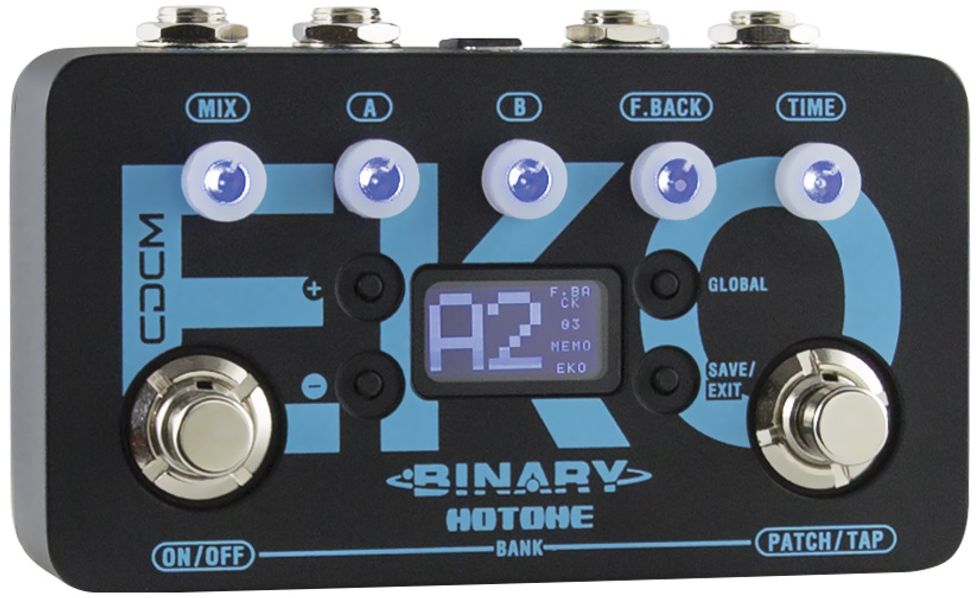





![Rig Rundown: Russian Circles’ Mike Sullivan [2025]](https://www.premierguitar.com/media-library/youtube.jpg?id=62303631&width=1245&height=700&quality=70&coordinates=0%2C0%2C0%2C0)






